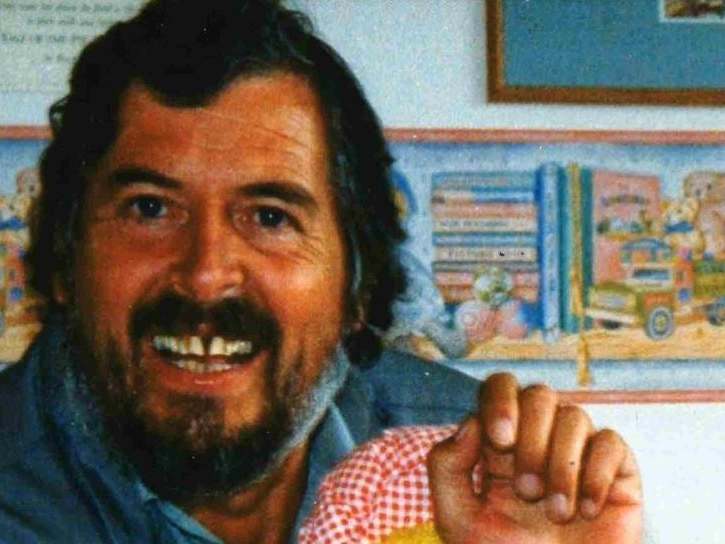GP ‘didn’t have the heart’ to tell patient he was infected with hepatitis C through contaminated blood
‘It just seems really, really unethical and unfair,’ says victim’s wife

Your support helps us to tell the story
From reproductive rights to climate change to Big Tech, The Independent is on the ground when the story is developing. Whether it's investigating the financials of Elon Musk's pro-Trump PAC or producing our latest documentary, 'The A Word', which shines a light on the American women fighting for reproductive rights, we know how important it is to parse out the facts from the messaging.
At such a critical moment in US history, we need reporters on the ground. Your donation allows us to keep sending journalists to speak to both sides of the story.
The Independent is trusted by Americans across the entire political spectrum. And unlike many other quality news outlets, we choose not to lock Americans out of our reporting and analysis with paywalls. We believe quality journalism should be available to everyone, paid for by those who can afford it.
Your support makes all the difference.A man who contracted hepatitis C through contaminated blood did not learn he was infected for more than a year because his doctor “did not have the heart” to tell him.
Paul David Le Bourn caught the virus from blood transfusions after his leg was amputated in 1982, following a motorbike crash.
Medics only discovered the infection in 1997 when screening for a possible lung transplant, as the social worker had contracted emphysema from smoking.
But he and his wife were not informed until early 1999, when they chased their GP for the results of lung tests, the Infected Blood Inquiry was told.
The inquiry is examining the disaster that has killed thousands of people given blood products or transfusions over three decades between the 1970s and 1990s, using blood given by prisoners and addicts infected with HIV, hepatitis or other viruses in a paid scheme.
Mr Le Bourn’s wife Penelope Rae told a hearing on Thursday: “They tried to defend the fact they hadn’t told him, basically, which I think is quite incredible. He was the family GP and he was putting Paul at risk, absolutely.”
In a statement Ms Rae said the GP, who cannot be named, did not think Mr Le Bourn was “emotionally ready to hear” his diagnosis, the inquiry heard.
She added: “We didn’t contract anything and that’s incredible but if we had, imagine what Paul would have felt.
“It just seems really, really unethical and unfair. I’m amazed that they thought he couldn’t have coped.”
In a November 1998 letter, the family doctor said he had been told a year beforehand by Papworth Hospital of the hepatitis C diagnosis and he had been asked to “bring this to Paul’s attention along with the necessary counselling”.

But the GP added: “The reality has been that Paul has not returned to my surgery until now. He had a good deal to tell me and I was pleased to find him in a fairly positive frame of mind. I therefore did not have the heart to add to his worries.”
The doctor has been asked to respond to the documents and the family statements, the inquiry heard.
Nearly 3,000 people have died as a result of the contaminated blood scandal, with more than 25,000 feared to have been infected, inquiry chairman Sir Brian Langstaff has said.
It is regarded as the NHS’ worst ever treatment disaster, with Theresa May calling it “a tragedy that should never have happened”.
Mr Le Bourn died in 2013, aged 63, having degenerated physically and mentally throughout his illness to the point where he did not recognise his daughter Bronwyn.
She told the inquiry through tears: “It was incredibly difficult. His reasoning completely went out the window.
“He had moments where his memory would go and I would return home from school and he would have no idea who I was.
“He could become very violent and aggressive through no fault of his own, but I didn’t understand why he was doing those things.”
Hepatitis treatment was started in 2006 following delays over fears of complications with Mr Le Bourn’s emphysema, but was unsuccessful.
Additional reporting by PA
Join our commenting forum
Join thought-provoking conversations, follow other Independent readers and see their replies
Comments